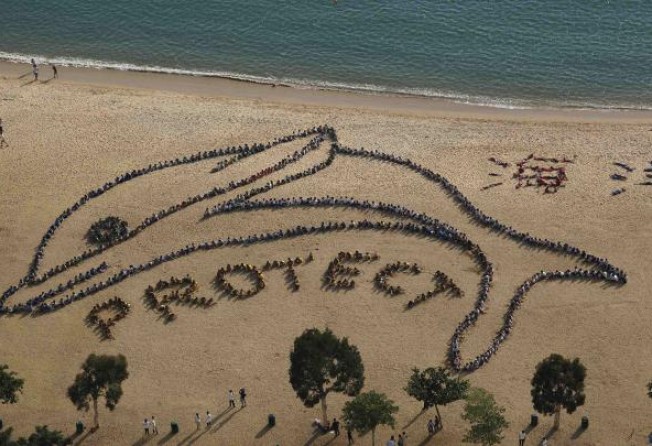Hong Kong's trawling ban is big step to sustainable fishery

Free markets have their place, but not when it comes to fishing. That is why the ban on bottom and mid-water trawling in our waters took effect at the start of the new year and is so welcome. Limited restrictions and a ravenous appetite for seafood have led to the fishing industry harvesting a greater catch than is sustainable. Fish stocks are in crisis, the marine environment dangerously stressed and fleet restructuring urgently needed.
The ban is a first, but giant, step in that direction. It puts 50 square kilometres of our waters off-limits to trawlers, banishing their nets that can indiscriminately scoop up all marine life from bed to surface. With our island and reef-studded waters a breeding and nursery ground for a rich variety of fish, the lack of regulation has been particularly destructive. After 14 years of discussion, moves that will allow for recovery of populations and habitats are finally in place.
There are understandable worries about the government's HK$1.7 billion compensation scheme that aims to buy back boats, retrain and pay fishermen for their business losses and help purchase new vessels for open-sea fishing. Determining who should be paid and how much they should receive have to be carefully considered from livelihood and fairness perspectives. Fishing is, after all, one of Hong Kong's foundation industries, as much a part of our culture as history. Rejuvenating damaged ecosystems has to be coupled with sustainable fisheries management.
That is why the ban is best viewed as a new beginning. With intelligent implementation, understanding and co-operation, our waters can in a matter of a decade or so be again teeming with species that have been fished away or into near extinction. Coupled with education, it has to be vigorously enforced and followed with even more far-reaching oversight.
Our fishing fleet will be smaller, but its methods will no longer be exploitative and damaging to so fragile a resource. The quality and supply of the seafood on our tables will improve, while our marine environment will be healthier.